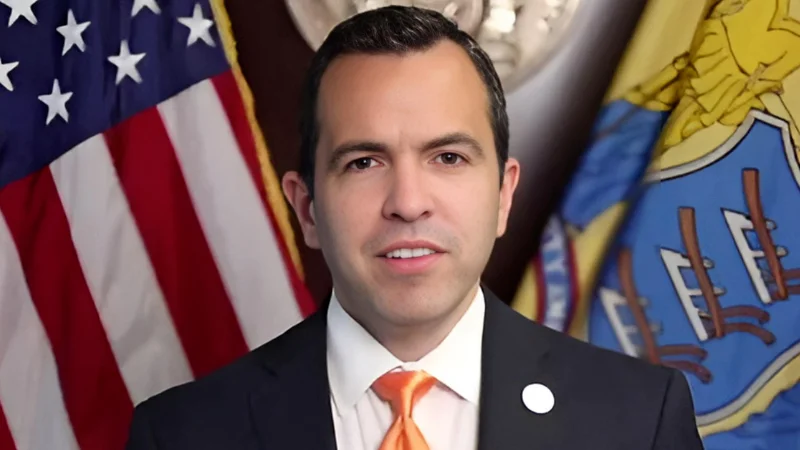
New Jersey Attorney General Matthew J. Platkin has joined a coalition of 20 state attorneys general in filing a lawsuit against the U.S. Department of Justice (DOJ) over new restrictions on federal funding for services supporting survivors of domestic violence and other violent crimes. The suit, filed in the U.S. District Court in Rhode Island, seeks to block a DOJ rule that prevents states from using Victims of Crime Act (VOCA), Byrne Justice Assistance Grants (Byrne JAG), and Violence Against Women Act (VAWA) funds to provide services to undocumented immigrants or individuals unable to prove their legal status.
“When someone is the victim of a violent crime, they deserve assistance and support to recover, no matter their legal status,” said Attorney General Platkin. “Not only is it the right thing to do, but it helps ensure we can hold violent perpetrators accountable. Now, because of the Trump Administration’s illegal actions, victims of crimes may go without the support they need and that federal law entitles them to—undermining their security and our law enforcement efforts. We are not going to stand by as this Administration attacks services for those who have already gone through terrible traumas and who need all of the help they can get. We are standing up for all of our residents to protect them and to ensure that they feel safe reaching out to law enforcement if they are in danger, and we are taking this Administration to court again.”
The VOCA and VAWA grant programs have historically allowed states to offer assistance such as medical expenses, emergency shelter, sexual assault kits, funeral costs, and legal aid for victims navigating the justice system regardless of immigration status. According to Platkin's office, these grants have long been used without regard for recipients’ documentation.
Last month, DOJ notified states that VOCA, VAWA, or Byrne JAG funds could no longer be used for legal services benefiting undocumented immigrants. This "Legal Services Condition" applies both prospectively and retroactively—including grants already awarded—and is set for implementation on October 31, 2025.
Attorney General Platkin warned that these changes could disrupt victim service programs by cutting off essential resources and discouraging survivors from seeking help due to fears about immigration screening requirements. Service providers may lack capacity or resources for such screenings; this could lead them to deny protection even in crisis situations.
The lawsuit argues that DOJ’s restrictions violate the Constitution’s Spending Clause by adding unclear conditions retroactively on previously awarded grants. It also claims violations under the Administrative Procedure Act because DOJ allegedly failed both to justify its policy reversal after decades of established practice and consider harm caused by these changes.
Other attorneys general joining Platkin include those from New York (Letitia James), Colorado (Phil Weiser), Illinois (Kwame Raoul), Rhode Island (Peter Neronha), Arizona, California, Connecticut, Delaware, Maine, Maryland, Massachusetts, Michigan, Minnesota, Nevada, New Mexico, Oregon, Vermont, Washington State, Wisconsin and the District of Columbia.